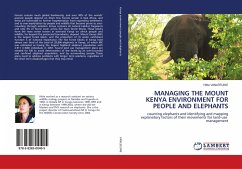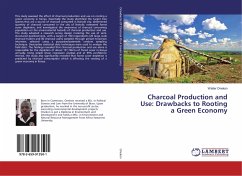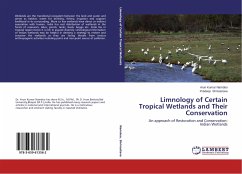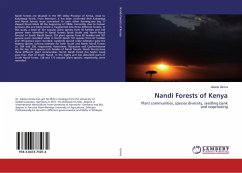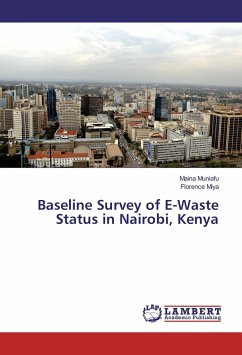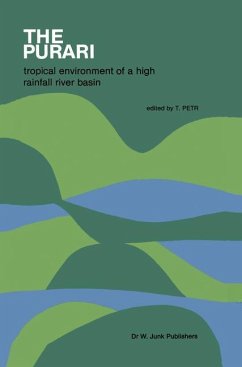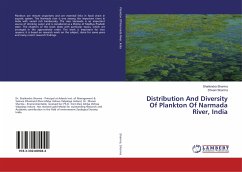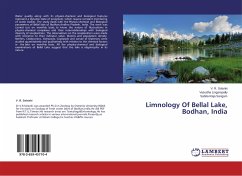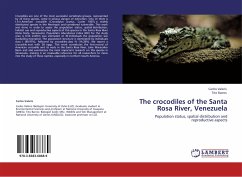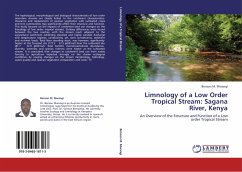
Limnology of a Low Order Tropical Stream: Sagana River, Kenya
An Overview of the Structure and Function of a Low order Tropical Stream
Versandkostenfrei!
Versandfertig in 6-10 Tagen
52,99 €
inkl. MwSt.

PAYBACK Punkte
26 °P sammeln!
The hydrological, morphological and biological characteristics of low order mountain streams are closely linked to the catchment characteristics. Clearance and replacement of riparian vegetation with cultivated crops and tree communities may significantly affect their structure and function. This study focused on the impacts of catchment land use changes on the limnology of low order tropical streams. Striking differences were found between the two reaches, with the stream reach adjacent to the agricultural catchment exhibiting elevated and highly variable discharge and temperature regimes, conductivity, pH, ionic constituents, sediment and nutrient loads. Total litter standing stock, was however, significantly higher at the forested site (177.3 ¿ 37.5 gDW.m2) than the cultivated site (81.7 ¿ 32.9 gDW.m2). Total benthic macroinvertebrate abundance, diversity, evenness and species richness were higher at the cultivated stream. It is concluded that changes in catchment land use from native forestry to agriculture impacted strongly on the stream ecological conditions by causing changes on the stream morphology, hydrology, water quality and riparian vegetation composition and cover. Th



